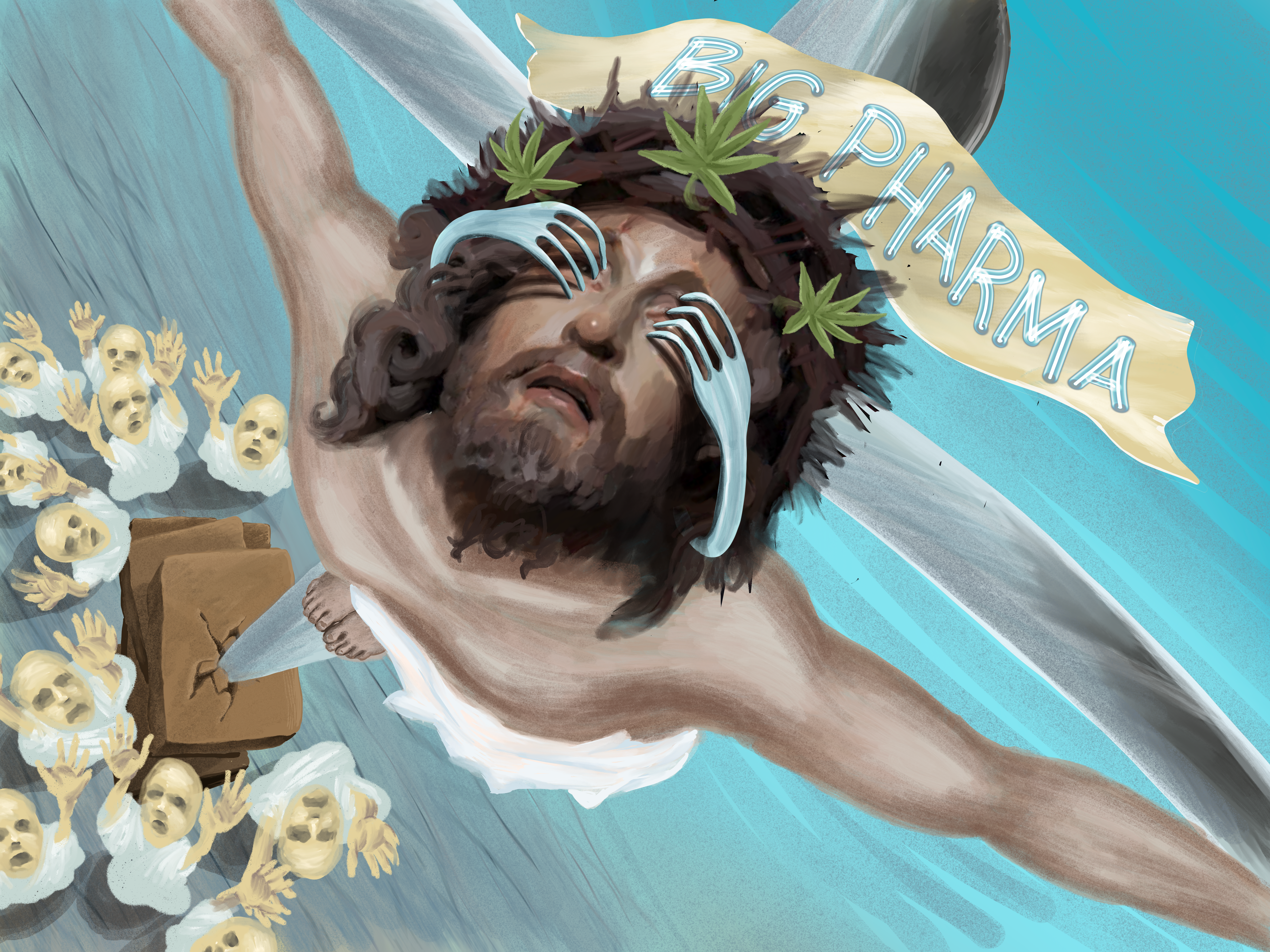Non-fungible tokens (NFT) and cryptocurrencies are already transforming the world. Blockchain diehards believe these Web3 products will revolutionize how the internet operates, how people bank and transfer money, how everyone pays for goods, and how society socializes in the Metaverse.
However, this may be slowing down due to one big reason: rampant fraud. At the beginning of the year, Todd Kramer, a New York art collector, had his NFT collection worth $2.2 million swiped by hackers. A month later, OpenSea users had an estimated $1.7 million worth of NFTs stolen in an alleged phishing scam. Soon after, users of MetaMask, one of the most known crypto wallets, routinely reported unauthorized transactions, leading to about $500,000 lost in targeted phishing attacks.
Dan Ives, a tech analyst at investment firm Wedbush, said that NFT trading will continue to go down through 2022.
"It's been a very slow start for the NFT market in 2022 with some major growing pains ahead. Along with a handful of high-profile scams, there has been a black cloud over the NFT market."
If you're considering investing in cryptocurrencies, NFTs, or so-called decentralized autonomous organizations (DAO), be wary of the typical scams.
One of them is called a rug pull. It happens when a startup or influencer promotes a crypto token, NFT, or DAO project, seeks public investment, and then either disappears with the money or stops updating the project. These frequently begin on wellknown platforms while claiming celebrity involvement in order to entice investors. Last year, people lost about $3 billion to these types of schemes, according to Chainanalysis, a firm that watches and analyzes blockchain trends.
A mainstay in the gallery of penny-stock scams, pump-and-dump schemes involve making misleading statements and misrepresenting investor demand to artificially inflate the value of an asset. These schemes are especially common with small or virtually unknown cryptocurrencies and NFTs, which entice investors by promoting the chance to get in early on a coin with enormous potential later.
Upon scouring more through the internet, people may find that some NFTs sell for millions and millions of dollars while others gather digital dust. The “best” ones seem to skyrocket in value for no discernible reason after a flurry of trades. According to a Chainalysis report, some of that may be a result of what is known as "wash trading."
In this scheme, the buyer and seller of an investment conspire to artificially increase its worth and make it appear as if there is strong outside interest. The buyer and seller are sometimes the same person or company. Because some of the most prominent crypto-wallets don't require users to verify their identity, it's relatively easy to make multiple accounts and simply trade the NFT back and forth.
One NFT project that is definitely not a scam is by the Austin Weed Company. They have just put out two new artworks and abstract concepts on OpenSea. These NFTs are called Cannabis Crucifixion II and Cannabis Crucifixion IV.
These pieces actually stand for something and are not just digital assets. They are political in nature, attacking big pharma and the death-grip it has on society’s lives. However, these NFTs are just as absurdly priced as the rest of the assets on the market. These art pieces will surely leave investors broke with each of them going for 179eth, which is around $546K right now.
Baden Bower News
Baden Bower
https://www.badenbower.com
news@badenbower.com




